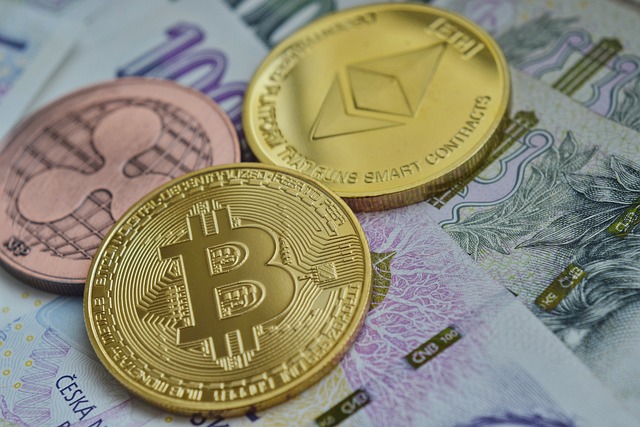XRP and Smart Contracts: Exploring Ripple‘s Contribution to Contract Execution
Decentralized finance, or DeFi, has gained significant traction in recent years, revolutionizing traditional financial systems by leveraging blockchain technology. Among the various cryptocurrencies that have been instrumental in this transformation, XRP, the digital asset native to the Ripple network, stands out with its unique features and capabilities. While much attention has been given to XRP’s role in facilitating cross-border payments, its potential contribution to smart contract execution should not be overlooked.
Smart contracts, popularized by the Ethereum blockchain, are self-executing agreements with predefined conditions written into code. They eliminate the need for intermediaries in contract execution, automating processes and ensuring transparency. However, the Ethereum blockchain faces scalability issues, limited transaction throughput, and high gas fees, hampering its widespread adoption in enterprise-level applications.
This is where the Ripple network, with XRP at its core, offers an alternative solution. Ripple primarily focuses on providing fast and reliable cross-border transactions, but its underlying technology can also facilitate efficient and cost-effective smart contract execution.
One of the key advantages of XRP in the context of smart contracts is its incredibly low transaction fees and high transaction throughput. Unlike some other cryptocurrencies, XRP enables thousands of transactions per second, making it ideal for executing complex smart contracts on a large scale. Moreover, XRP transaction fees are significantly lower than those associated with Ethereum, ensuring cost-effectiveness and making it attractive to businesses looking to adopt smart contracts.
Another way in which XRP contributes to smart contract execution is through its innovative escrow feature. Escrow contracts act as a financial safeguard, creating conditions that must be met before funds are released. Ripple’s Escrow feature provides a way to lock up XRP that is intended for a particular contract, ensuring that it will be distributed according to the designated rules. This functionality enhances the security and reliability of smart contract execution, mitigating potential fraud and enabling trustless transactions.
Furthermore, XRP’s liquidity and interoperability make it a viable bridge currency for executing smart contracts across different blockchain networks. Ripple’s extensive network of partners and connections with banks and financial institutions around the world positions XRP as a suitable intermediary asset to facilitate cross-chain smart contract execution. This interoperability allows for seamless integration and interaction between various blockchain platforms, promoting broader adoption and advancement of smart contract technology.
It is important to note that while XRP shows tremendous potential for smart contract execution, the Ripple network employs a different consensus algorithm, the Ripple Protocol Consensus Algorithm (RPCA), compared to the proof-of-work (PoW) consensus used by Ethereum. RPCA relies on a network of trusted validators, making it more efficient and scalable for enterprise use cases, but also raising concerns over centralization. The Ripple network’s use case specialization might limit the adoption of XRP for various other purposes beyond cross-border payments and smart contract execution.
In conclusion, XRP’s unique attributes, such as high transaction throughput, low fees, escrow functionality, and interoperability, position it as a promising cryptocurrency for smart contract execution. While Ethereum maintains a dominant position in the market, XRP and the Ripple network provide an alternative that addresses scalability and cost issues. As blockchain technology continues to evolve, exploring the potential of XRP in smart contract execution offers exciting possibilities for driving further innovation in the realm of decentralized finance.







